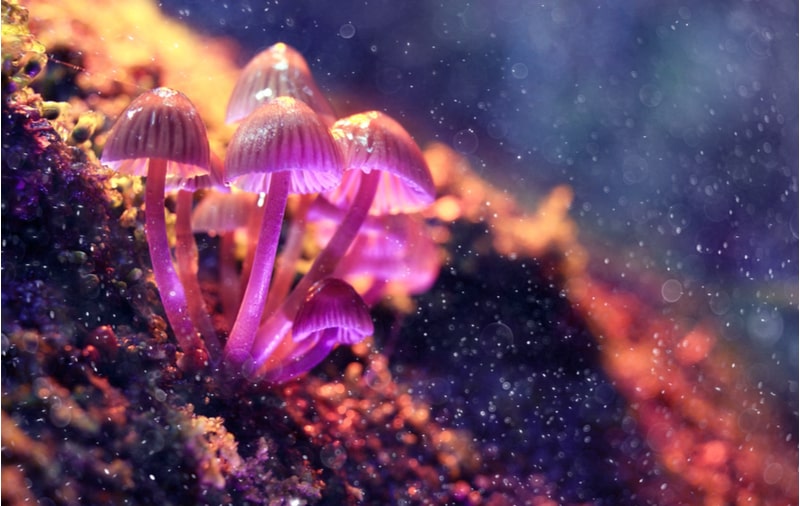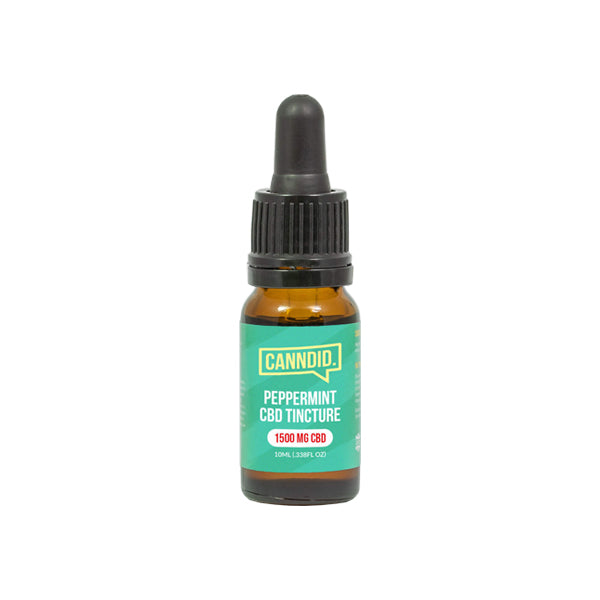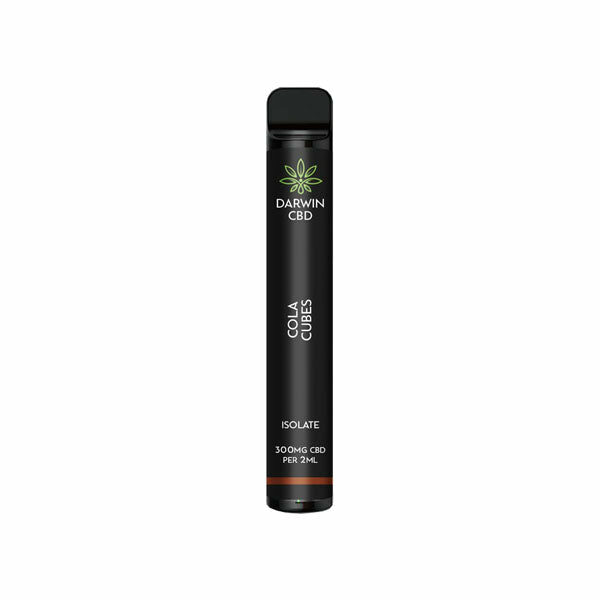What Are Psychedelics?
Psychedelics (psychoactive drugs) are substances that induce a heightened state of consciousness characterised by a hyperconnected brain state.
They are also referred to as psychedelic drugs, hallucinogens or hallucinogenic drugs. This is because these chemical substances may cause hallucinations or other sensory disturbances.
Some examples of psychedelics include, but are not limited to…
- Psilocybin (Found in magic mushrooms)
- Dimethyltryptamine, found in Ayahuasca (DMT)
- Mescaline (Found in Peyote and San Pedro Cacti)
- LSD which is short for Lysergic acid diethylamide
How do psychedelics actually work?
Psychedelics work by stimulating or modulating the activity of the various transmitters in a person’s brain.
This then causes a temporary chemical imbalance in that person’s brain. Resulting in hallucinations and other possible effects such as euphoria.
It is important to note that much of the perceived effect of these drugs is dependent on the individual’s expectations.
For example, a person who takes these drugs at a party in the company of good friends and having a good time would have a completely different reaction to perhaps somebody battling depression taking the drugs alone in their bedroom.
How long do psychedelics last?
Different drugs act in different ways. Also, factors such as an empty or full stomach come into play.
LSD can take some time to kick in but can last up to twelve hours.
In contrast, DMT takes effect quite quickly but usually only lasts a short while.
Another vital note to consider is that although the psychedelic drugs pass through the body relatively quickly, the psychological effects can be long-lasting.
Psychedelic drugs may result in a person developing mental health problems such as…
- Substance-induced euphoria
- Depression
- Anxiety disorder
- Hallucinations
Psychedelics can be dangerous for anyone. However, those with underlying mental health issues are more at risk of having a negative reaction.
Psychedelics and safety
On the other hand, it has also been proven that psychedelic drugs have assisted people’s mental health problems such as…
- Anxiety
- OCD which is short for obsessive-compulsive disorder
- PTSD which is short for post-traumatic stress disorder
Psychedelics can bring about profoundly positive and meaningful experiences for people who may be going through a rough patch in their lives.
It has been stated that psychedelics can improve creativity and problem-solving activities.
However, these drugs can affect every person differently based on the following factors…
- Height and weight
- Health
- A person’s previous experiences
- The strength of the drug
The effects of psychedelic drugs can vary considerably. Depending on the drug, the following can occur to a person…
- A feeling of euphoria
- Sense of relaxation and wellbeing
- Seeing and hearing things that are not present
- Confusion
- Trouble concentrating
- Dizziness
- Blurred vision
- Clumsiness
- Irregular heartbeat
- Breathing quickly
- Vomiting
- Sweating and chills
- Numbness
Psychedelics and addiction
Although classic psychedelic drugs are not addictive, they can induce temporary mental effects that can be extremely powerful.
These effects are not toxic to the body, like alcohol is for example.
LSD and magic mushrooms are categorised as the safest commonly used substances. They are twelve times safer than alcohol and four times safer than tobacco.
















